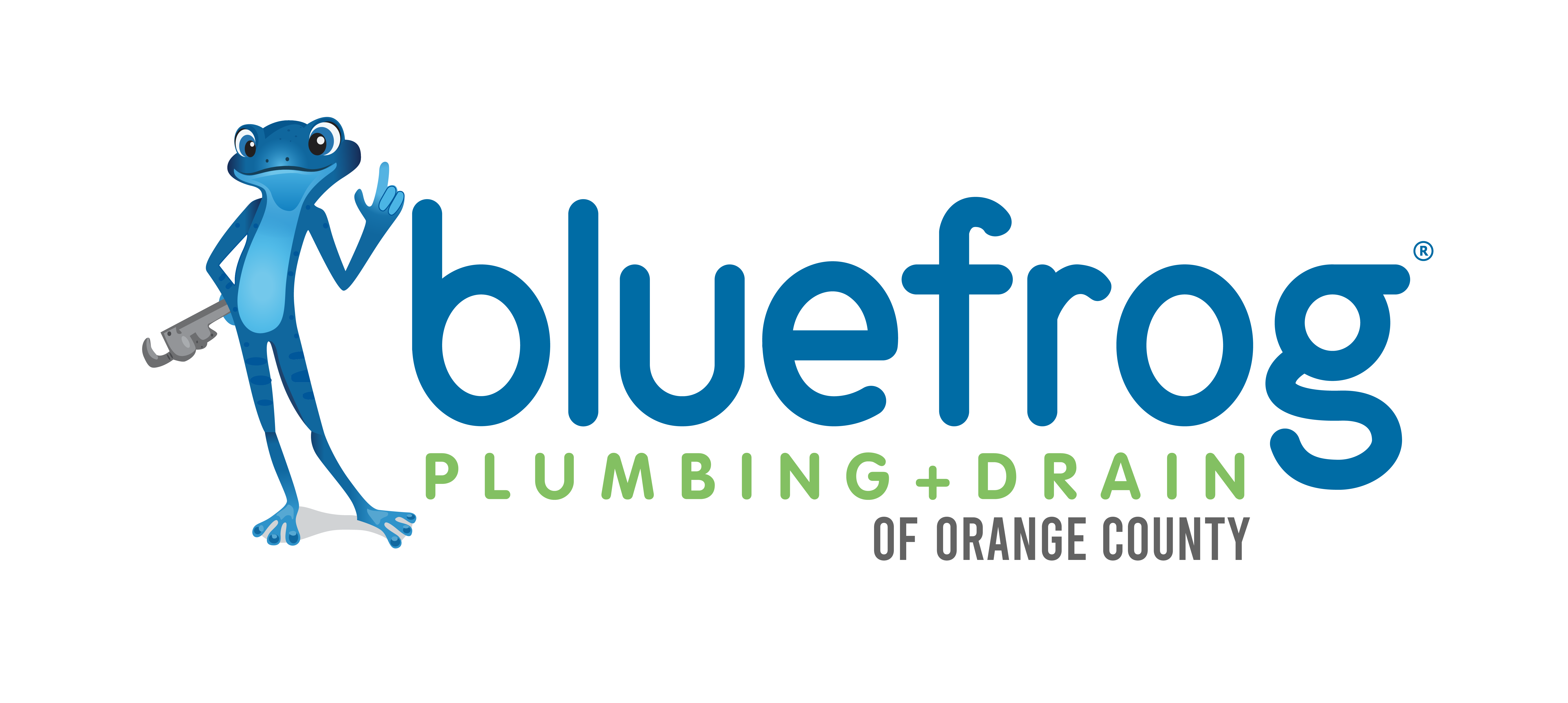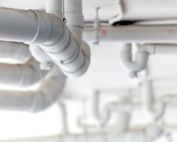In this informative article, we will take an in-depth look at what a plumber is and why you may find yourself in need of one. We will examine the scope of what a plumber’s job may entail and will evaluate the educational requirements that must be completed for them to pass the plumbing examination. A plumber must develop many skills in order to be relevant and successful at their profession and are highly valued for their considerable expertise.
What Is a Plumber?
To begin our in-depth study of the plumbing profession it is best to begin with a clear definition of a plumber. A plumber is a person who specializes in the installation and overall maintenance of a plumbing system that corresponds to water supply and sewage and wastewater removal. Plumbers are trained to install and repair plumbing pipes that carry potable (drinking) water, gas, or other fluids along with their fittings and have knowledge regarding plumbing fixtures. They are also trained in installing water-using or gas-powered appliances.
Reasons You May Need A Plumber
Every home and commercial building is equipped with plumbing and without it, our lives would be pretty primitive. We require fresh water to drink, bathe, cook, and perform ordinary everyday tasks and we need a way to remove the waste created by these tasks. Along the way, there can be breakdowns or malfunctions that require expert evaluation and assistance. Here is a list of common reasons why individuals require plumbing assistance:
-No water
Although this list does not list every reason these are the ones most needed.
Scope of a Plumber’s Work
As stated, a plumber is responsible for bringing fresh water into our homes while simultaneously removing waste. This process requires the installation and maintenance of all types of plumbing pipes, drains, venting systems, fixtures, and appliances to keep your space operating properly.
They must be able to evaluate complex systems and determine the cause of problems such as unusual noises or smells, blockages, leaking pipes, and burst pipes, as well as other issues such as gas leaks and sewer line collapses.
They must be able to devise solutions and implement them quickly which means they need to be consistently available and willing to provide 24/7 emergency services.
They must maintain and improve their knowledge about new advances in technology and keep up with local plumbing codes and regulations.
The scope of a plumber’s work casts a very wide net.
Educational Requirements
A plumber must have a high school diploma or a GED equivalent and be at least 18 years of age. Following high school graduation they may elect to go to college and, although not a requirement, learn skills that can certainly be beneficial especially if they plan to open their own plumbing business at a later date.
While working toward an apprenticeship level the student will gain a plethora of knowledge through a prescribed set of courses. Their education will teach them:
-Plumbing Technology
-Plumbing Blueprint Analysis and Plumbing Codes
-The Ins and Outs of Drain, Waste, and Vent Systems
-Water Supply and Water Distribution
-Plumbing Fixtures and Appliance Installations
They will learn these requirements and more at a trade school and eventually earn the degree of an accredited technician and enter the apprenticeship stage of their career. During this phase, they work to provide assistance to more experienced plumbers where they hone their newly learned skills under supervision. They are not permitted to perform plumbing tasks without supervision.
The next educational goal is to reach the level known as a journeyman plumber. Once this level is achieved, they have enough experience to work alone. They have tackled the skills of installing pipes and fittings, drainage systems, and plumbing fixtures and appliances with confidence.
At this time some plumbers decide to advance further and choose to specialize in a particular line of plumbing while others decide to end their education and work their careers as expert journeymen. Those who choose to go on will reach the distinguished position of a master plumber.
At the master level, the plumber can hire junior-level plumbers and begin to build their own plumbing businesses. They are able to obtain permits and perform more sophisticated plumbing skills as they work to obtain various certifications. This continuing education allows them to systematically scale their business operations to accommodate more complex installations and repairs.
Helpful Skills to Enhance a Plumber’s Abilities
Having some of these skills can mean the difference between a successful plumber and one that simply wastes the customer’s time.
Physical Skills
In the most basic sense, a plumber needs to be physically fit. They must have the flexibility to twist and turn to get into tight areas such as under a kitchen sink. They must have physical strength to carry heavy plumbing pipe materials or transport plumbing fixtures up flights of stairs. Finally, they must have good vision to see early developing plumbing problems and stop them in their tracks before they grow into full-blown emergencies.
Analytical Skills
A plumber must have the intellectual ability to run tests to expose problems and have the wherewithal to devise corrective solutions. They need to be able to think quickly in emergency situations and to be able to come up with creative solutions to complex problems. They need a good understanding of math principles and general knowledge about building regulations and construction.
Administrative Skills
Once a job is in progress, a plumber must know how to order supplies and track them to maintain adequate inventory to keep the jobs going smoothly. They must track expenses, hours worked, and other cost-related factors and have the ability to write clear and concise estimates. They also are required to understand billing and collection and be able to manage both within a reasonable time following the completion of a job.
Communication Skills
Finally, a successful plumber must have good communication skills. They need to be able to communicate with other tradespeople, building managers, supply houses, business owners, and of course, homeowners. They must be able to explain complex problems simply so the laypeople can comprehend the scope of the project and the financial responsibilities attached. With so many personality types colliding, these communication skills must be regularly sharpened to ensure proper communication.
Want To Become A Plumber In Orange County?
Becoming a plumber is a serious endeavor requiring time, effort, and education as well as the development of many practical skills. Whether a journeyman or a master plumber, all plumbers work hard to keep homes and businesses safe, comfortable, and in good working order. Without the dedication to their valued and respected profession, we would not enjoy the benefits of a sanitary and perfectly orchestrated living or working space we all appreciate. To all of the dedicated plumbers working hard every day, we say “thank you” !
Our team is always on the lookout for experienced plumbing professionals in Orange County. Contact us today if you are looking to take your career to the next level!

Slab Leaks: A True Plumbing Emergency
Home building following World War II was aggressive, so many houses were built on cement foundations to reduce the time it took to build them and to keep costs at a minimum. They were
How To Extend The Life Of Plumbing Pipes
A plumbing system consists of a complicated series of pipes, fixtures, and appliances that provide the infrastructure to run a well-functioning home. In this article, we will focus solely on plumbing pipes and ways
3 Silent Signs You Have A Plumbing Problem
Some plumbing issues announce themselves with a fury such as a drain backing up with sewage or a burst pipe, while others remain silent and destructive. In this article, we will reveal 3 signs



